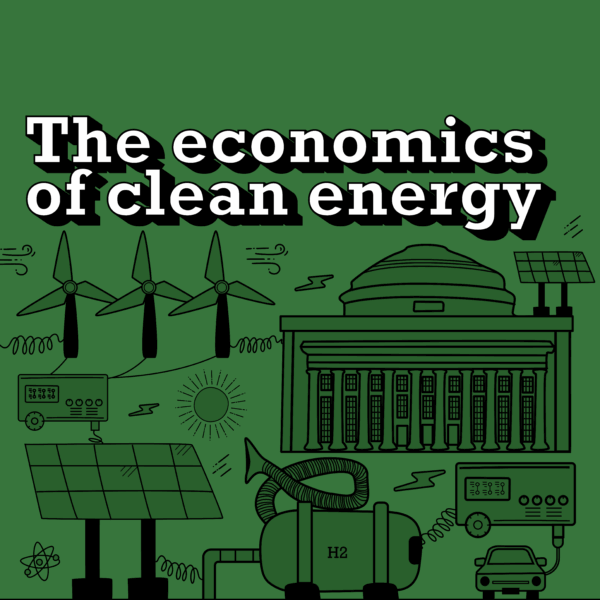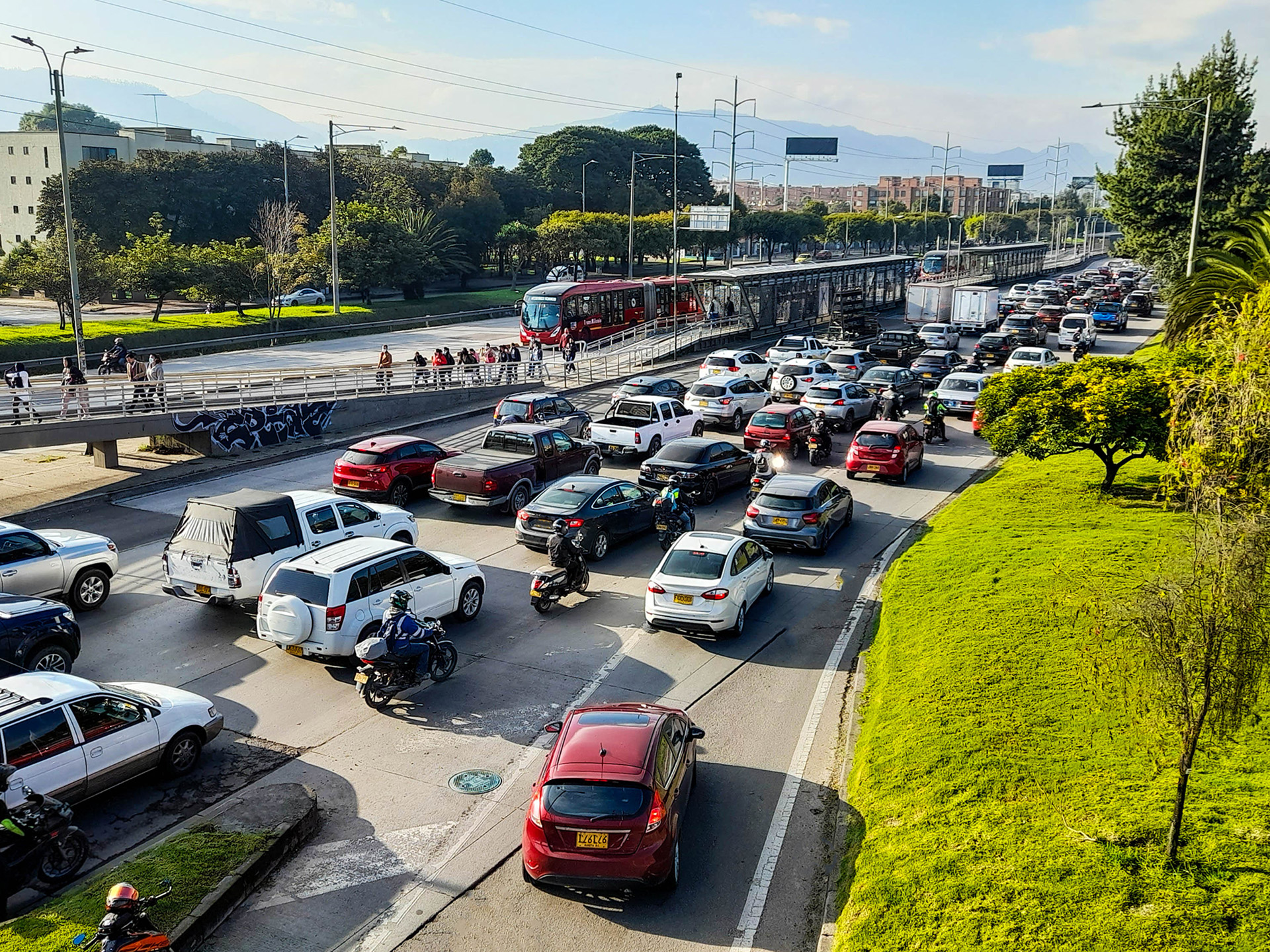
Transmission: power to the people
Power lines may not look as high-tech and inspiring as a wind turbine or a solar field. But these lines—and the rest of the sprawling “machine” that is the transmission system—are critical for harnessing clean, cheap, reliable power. In this episode of MIT’s climate change podcast, TILclimate (Today I Learned: Climate), Joshua Hodge, Executive Director at the MIT CEEPR, Research Director at the MIT Climate Policy Center, and a Lecturer at the MIT Sloan School of Management, joins the show to break down what we stand to gain from a bigger, better transmission system, and how we might make it happen. Check out the full episode at the link below.
Learn More
The economics of clean energy with Namrata Kala
CEEPR faculty member Professor Namrata Kala recently participated in the MIT Energy Initiative's regular podcast, "What If It Works?" As an economist, Namrata has considered how incentivization can alter human behavior and help policies succeed. She leverages this expertise to help us examine how the world’s most populous country, India, is thinking about clean energy and the implications of electrification on its energy demand. She also explores how economics, as well as U.S. policy shifts, might affect their trajectory. Learn more by listening to the full episode at the link below.
Learn More
Open UROP position - Summer and Fall terms
CEEPR is currently collecting applications for an open MIT undergraduate position. Wildfires in the U.S. are increasing in frequency and severity, particularly in California. While much research focuses on direct destruction, this study examines how wildfire smoke influences household migration and firm performance. Further details and application instructions can be found at the link below.
Learn More
Clean Investment
Monitor
The Clean Investment Monitor (CIM) is a joint project of the MIT Center for Energy and Environmental Policy Research (CEEPR) and the Rhodium Group. The CIM tracks public and private investments in climate technologies in the United States. Through this data and analysis, the CIM provides insights into investment trends, the effects of federal and state policies, and on-the-ground progress in the U.S. towards net-zero greenhouse gas emissions.
The CIM covers dozens of different technologies and their input components across all sectors of the economy, including for clean electricity and transportation, building electrification, low-emission industrial production, and carbon management.
Learn More
Climate Action
Through Education
The MIT Climate Action Through Education (CATE) program, directed by Professor Christopher R. Knittel, has developed an MIT-informed interdisciplinary, place-based climate change curriculum for U.S. high school teachers in the following core disciplines: History/Social Science, English/Language Arts, Math, and Science.
Curricular materials – labs, units, lessons, projects – will be aligned with Next Generation Science Standards, and MA education standards. The solutions-focused curriculum aims to inform students about the causes and consequences of anthropogenic climate change, while equipping them with the knowledge and sense of agency to contribute to climate mitigation, adaptation and resilience.
Learn More
Driving Towards
Seamless Public
EV Charging
Widespread electric vehicle (EV) adoption is critical to confronting climate change – but a lack of sufficient public charging infrastructure is holding many potential EV drivers back. A team of researchers from Harvard and the MIT Center for Energy and Environmental Policy Research will work to accelerate progress on public EV charging as a gating requirement to achieving widespread EV adoption. The team will contribute by working directly with stakeholders and stakeholder groups to identify barriers to seamless public EV charging, build consensus for solutions, and advance those solutions.
Learn More
The Roosevelt
Project
Transitioning the United States economy toward deep decarbonization will have unequally distributed effects, positive and negative, across socio-economic groups, geographies and economic sectors. The concerns of workers and communities adversely affected by the transition must inform the discussion around decarbonization, associated policy changes and institutional development. The goal of the Roosevelt Project is to provide an analytical basis for charting a path to a low carbon economy in a way that promotes high quality job growth, minimizes worker and community dislocation, and harnesses the benefits of energy technologies for regional economic development.
Learn More






